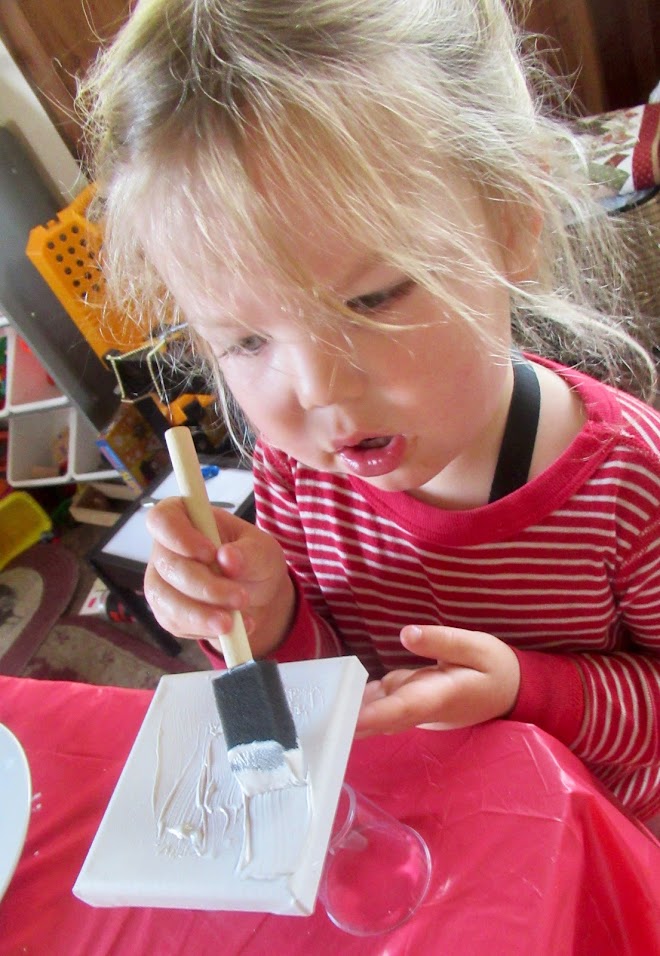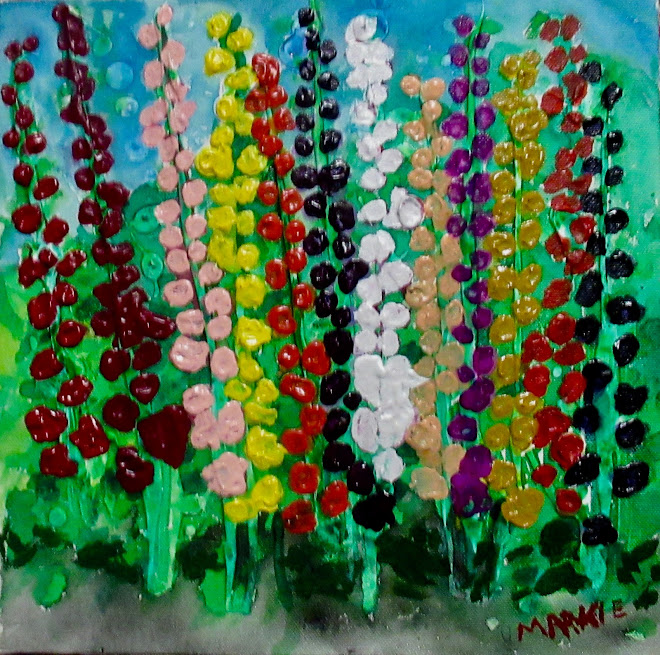You Call it Bipolar-I Call it MSD
A Most Unusual Question
Dr. Mark began with a most unusual question yesterday, as Annie and I sat ourselves down in his office. He asked, “How was your week?”
The reason I found the question unusual was that I never heard it from my last psychiatrist. I think that was something that somewhat disconcerted me: I felt as though I were an object of interest, more than I was a patient. The irony is that when I really needed that kind of support from my doctor, I did not get it; now that things are flowing so smoothly, I now have it available. Better to have it and not need it, than to need it and not have it.
In any case the session, my second, was a fact-finding venture, with Dr. Mark acquiring information, and Annie and I furnishing it. Having already prepared some of the basic stuff for Dr. G, I had printed off copies for Dr. Mark, and so that facilitated matters. We covered my somewhat pedantic drug history, and the fact that I am not much of a drinker; we went much more into detail on my use of reefer. Dr. Phelps calls it the poor man’s mood stabilizer.
Dr. Phelps is the psychiatrist who wrote the book, Why Am I still So Depressed? and he maintains that lower-income people, who cannot afford to buy their antipsychotic medication, often self-medicate, using reefer. It has certainly done much for me, to the extent that my rate of indulging increases when I am manic, and decreases when I am depressive. But I am a steady partaker, no matter what my state of mind, though I no longer bake my oatmeal cookies.
Annie has always maintained that I amped far more than ever when I was eating my reefer, instead of smoking it. I thought it was healthier, but it obviously was not healthier for Annie, who does not indulge in the herb, in any way, shape or form. She does not get in my face about it, because she understands that it is my medicine. I, on the other hand, attempt to keep the residual effects of my medicine, out of her face, by retiring to the laundry room, or going outside.
I also provided Mark with several pieces of writing I had done about my father, including the piece in this series called (4) I Call it Bipolar-You Call it MSD: Is Your Head Screwed on Right? Again, genetics figures significantly, in forming a diagnosis for mood spectrum disorder, and I wanted Mark to get the benefit of the time and energy I had put into writing the pieces, more for myself than for Dr. G.
In setting up the nest session, in two weeks’ time, he informed us that he would be getting into some of the facets of ISRT, Interpersonal Social Rhythm Therapy, that I had originally told him we were interested in working on, along with Cognitive Behavioral Therapy. He even asked me to bring my mood charts! Heart, don’t stop. I waited for Dr. G. to express one iota of interest, in all that data I was accumulating, and he never once asked to see them.
It made me second-guess my own limited knowledge, of what it was I was trying to accomplish with the accumulation of data, related to MSD. Of course, the “rhythm” part of the ISRT show, refers to the rhythm of my sleep, diet and exercise programs, and how they tie in to the hills and valleys which comprise the road I am on. The goal is to neatly gather all of the data, see how it affects the triggers of my illness, and vice-versa.
Then we will take what we learn from the chart, and the external factors that are influenced by the chart, and apply them to the social fabric, which constitutes our community on the mountain, and see if we can’t iron out a few logistical wrinkles. The idea is to take the cognitive part of the dog and pony show, weave it within the framework of the rhythm and social elements, and design a therapeutic program, which allows me to be able to continue to answer the question at the the start of the session, in the same manner, I answered it yesterday.
“I had an extraordinary week, than you so much for asking.”















I thought Dr Cerri would be a little more down to earth. Sounds like you are making a good connection. I am glad this is more favorable to for you and Annie!
ReplyDeleteFeeling heard and understood (or at least feeling that the professional you're working with is at least trying to understand) can make all the difference, I think.
ReplyDelete